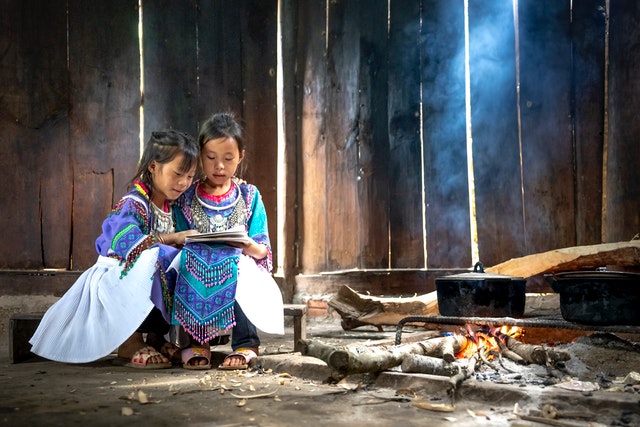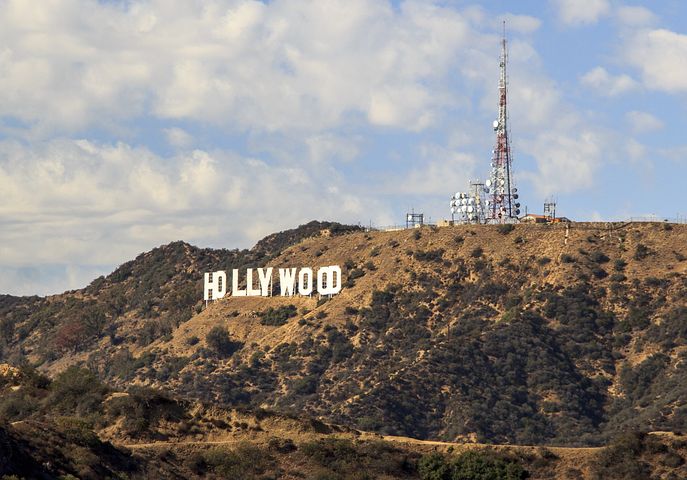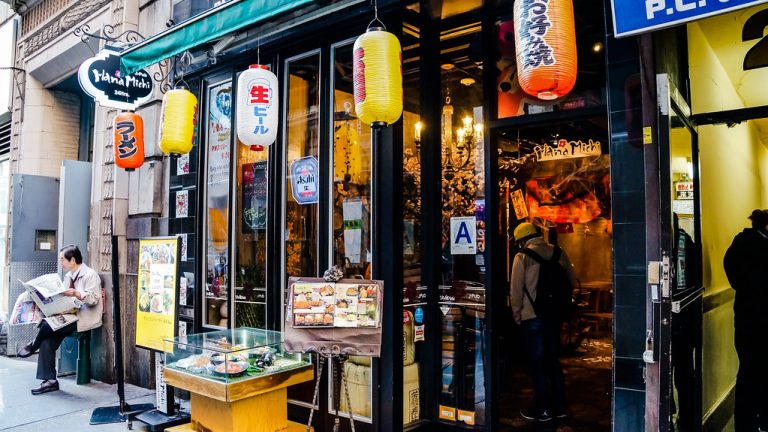People of America: Hmong People and the Secret War
There are many refugees settled across the world. Some are known. Some aren’t. The Hmong people are one of the many refugees AND ethnicities who aren’t as recognized. Luckily, I am Hmong and can briefly tell you about my people. To start off, the “H” is silent, and you pronounce the “o” like it’s capitalized (oh). There’s no Hmong country. They’re people who want to live peacefully in the hills of Southeast Asia. They’ve resettled everywhere, but here’s how Hmong refugees came to the United States.

What is Hmong and Where is it?
There have been countless times when people ask me where Hmong is and tell me I’m just Chinese. Although I understand people are curious about where Hmong is, and I’m happy to talk about the topic, being called Chinese feels like denouncing my identity as my family doesn’t know a lick of Chinese dialects.
To continue on Hmong people becoming refugees, we must take a quick look into Hmong history. Like most recorded civilizations, it started in Mesopotamia. From there, Hmong people branched off into China. They lived and prospered until they were persecuted and hunted, forced to flee southward to Laos, Myanmar, Vietnam, and Thailand. From there, Hmong people continued living in the hills.
Some would say this wouldn’t add up, as the research may have mixed answers. Like many ancient civilizations, Hmong history and records perished by dominating empires. In this case, it was the Han Chinese who destroyed Hmong history. Because of this, Hmong history was orally passed along from elders to their children. Since oral storytelling is big in Hmong culture, much of the past can be mixed, off, or accurate compared to today’s texts.
The Secret War
During the Vietnam War, communism was also spreading in Laos. Laos was in a civil war between the Communist-backed Pathet Lao and the Royal Lao Government. At the time, the USA wasn’t allowed in Laos. So, the CIA hired Hmong villagers from the hills to rescue fallen American pilots. Later, they were tasked with disrupting communist supply lines in Laos – this was dubbed the Secret War since US citizens didn’t know about it. From there, relatives of those Hmong villagers were also joining the ranks of the communists. Innocent Hmong people were just victims forced into joining which side got to them first. Hmong families and relatives had to kill each other.
That was when the genocide began. The CIA promised the Hmong people a way to safety – a new life in America. Of course, that promise wasn’t fulfilled after the Vietnam war ended. Some Hmong made it to the United States, but higher-ups and officials were prioritized. Many were left behind to fend for themselves, including young children and women.
From there, some Hmong villagers chose to flee to Thailand to seek refuge. My parents were one of them. If you ask any Hmong refugee about crossing the Mekong River, you won’t expect to hear anything happy. It was the only way to safety. Hmong refugees had to either turn back and be killed by the Communists or die trying to cross the river. Some Hmong people are still running for their lives and being hunted to this day. It just doesn’t receive much coverage anymore.
How Many Hmong People live in the United States?
After living in refugee camps in Thailand, sponsors came in from churches and other Hmong families who settled worldwide – France, Australia, Argentina, Canada, Thailand, and the United States. The sponsors helped with processing legal documents to enter other countries.
As of 2019, the Hmong population is estimated to be over 320,000 in the United States. We have yet to see the final count for the 2020 Census. Of the 320,000 Hmong, the majority live in California, Minnesota, and Wisconsin. The Twin Cities of Minneapolis and St. Paul have the most Hmong per capita in the United States, summing up to over 80,000 people.
What issues do Hmong People face today?
As with every ethnic minority in America and being a refugee, Hmong people faced a lot of issues in the past. The problems include living in poverty and facing racism. Hmong children were bullied for having big buck teeth and slanted eyes. Since early refugees didn’t understand English, some Hmong kids were forced to gather and protect each other, eventually leading to gang violence. Dealing with poverty in the early days of resettling, Hmong children in urban environments had busy parents, so there were only gangs to keep each other safe.
Today, some Hmong are still facing this diversity issue, but many have been able to avoid problems such as gang violence. As time continued, Hmong people have set up education centers and nonprofits to help out the community. Some Hmong have also made it as being on the big screen!
So, ask a Hmong person what and where Hmong is, and you’ll get mixed answers of not having a country and saying they’re Chinese or southeast Asian, but I would personally say Hmong is our ethnicity and Hmong is where my home is.


